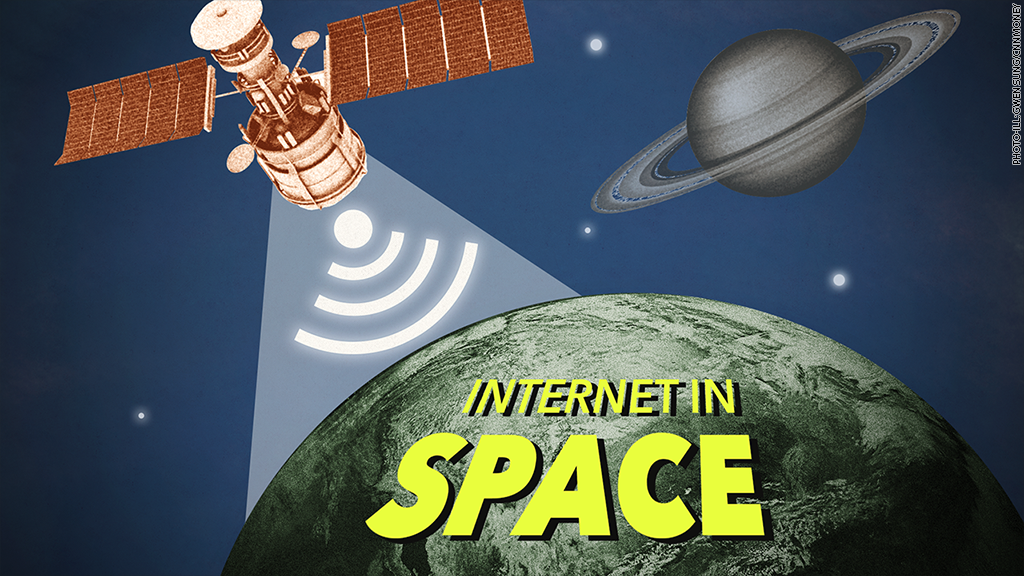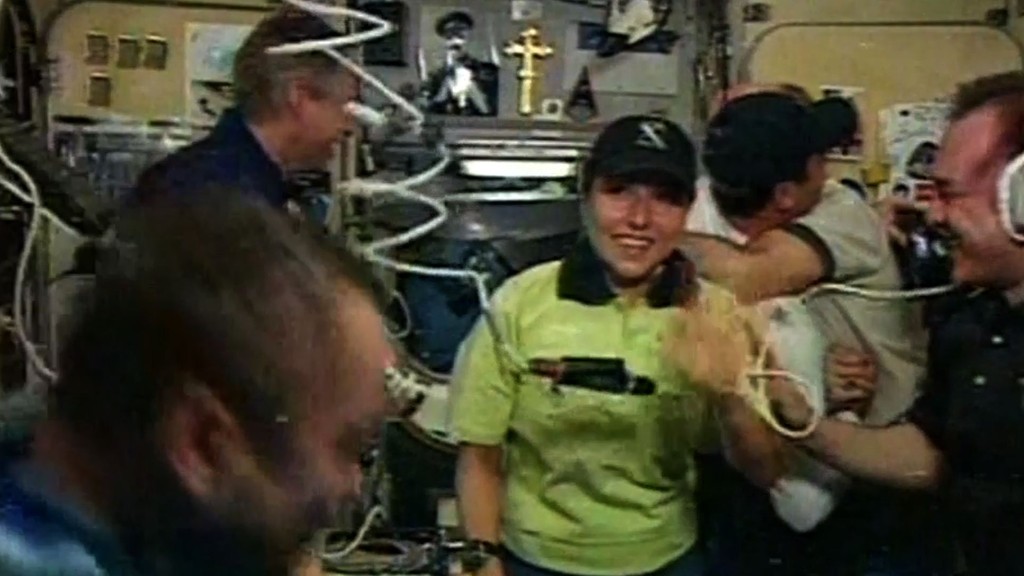
Elon Musk's SpaceX has asked the FCC to let it start testing a new Internet service, delivered to customers from space.
Last month, Musk petitioned the government to launch up to eight prototype satellites into space. They would be equipped with antennas that would send an Internet signal back down to the earth's surface.
SpaceX said it wants to start testing out the technology in 2016. The FCC declined to comment on the application because it is currently under review.
You can already get an Internet signal from above. But it requires special hardware. It's spotty, slow and ludicrously expensive.
SpaceX's equipment would be closer to the ground than typical satellites, orbiting at around 750 miles above the surface. That allows for tighter light beams and faster Internet than geosynchronous satellites. The downside is a much smaller coverage area.
Eventually, Musk & Co. plan to launch 4,000 satellites in order to serve a meaningful number of customers. To keep costs down, the satellites will be tiny, cheap and disposable.
The relatively close proximity to Earth means the satellites will have to combat gravitational forces with fuel, and when they run out in six months to a year, they'll have to be replaced. But SpaceX sees that as an opportunity to frequently update the technology it hopes to use to deploy its Internet service.
It's a potentially very expensive endeavor, and Google (GOOGL) and Fidelity provided SpaceX with $1 billion in funding for the project.
SpaceX's mission to deliver reliable Internet access worldwide isn't unique. Other tech entrepreneurs realize there's a vast, untapped potential in connecting the estimated 3 billion people who still aren't online.
Virgin's Richard Branson is backing OneWeb, a SpaceX rival that wants to launch a fleet of 648 microsatellites to bring high-speed Internet and phone service "to people living in underserved areas."
Launchng mini satellites to provide telecommunications service has been tried before. The Motorola-backed project Iridium aspired to do the same for cell phones before it ended up in bankruptcy in 1999.
That's why some tech companies are seeking other, less high-tech methods. Google launched Project Loon, a battalion of Wi-Fi balloons that will float in the stratosphere. And Facebook (FB) wants to do something similar with high-flying drones for his Internet.org project.


